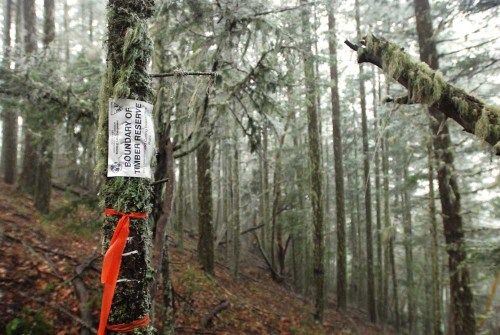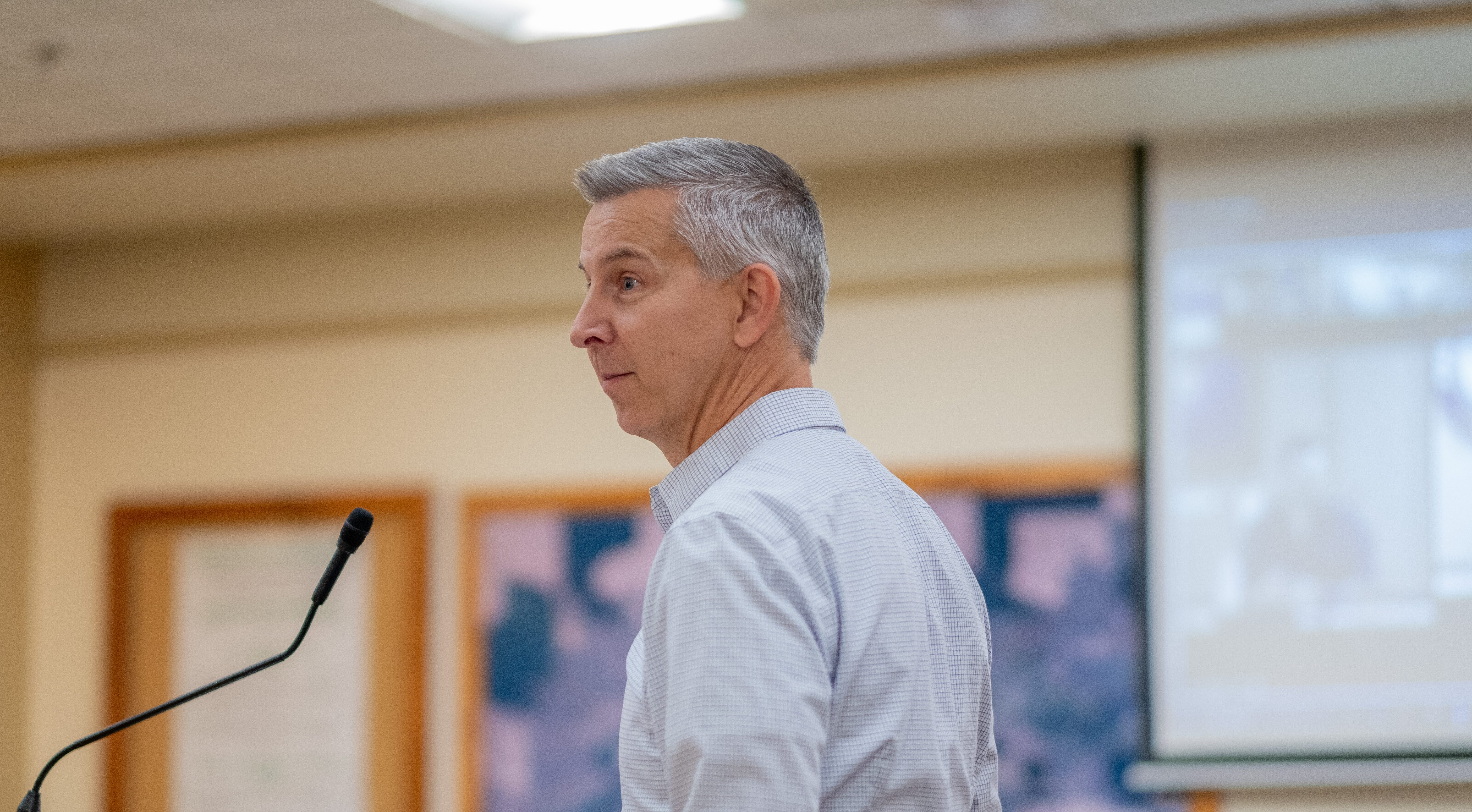Wallowa thinning project passes legal muster
Published 4:53 pm Tuesday, August 28, 2018

- A federal judge has given the go-ahead for a thinning project along the Lostine River in northeast Oregon.
Environmentalists have failed to convince a federal judge that a 2,000-acre thinning project in Northeast Oregon’s Wallowa-Whitman National Forest violated environmental law.
Last year, the Greater Hells Canyon Council and Oregon Wild nonprofits filed a lawsuit challenging the Lostine Public Safety Project, which aims to reduce wildfire and insect problems along roughly 11 miles of the Lostine River.
Trending
A U.S. magistrate judge disagreed with the plaintiffs’ contention that the fuel reduction project was improperly excluded from environmental studies under the National Environmental Policy Act and dismissed their other allegations.
Those findings have been upheld by U.S. District Judge Michael Simon, who has ruled in favor of the U.S. Forest Service and Wallowa County — which intervened in the case — by dismissing the lawsuit.
Simon has agreed with the earlier ruling that the federal government properly used a “categorical exclusion” to exempt the project from the usual requirement of preparing an environmental assessment or more in-depth environmental impact statement.
In this case, the agency didn’t have to analyze whether “extraordinary circumstances” called for such studies due to provisions in the 2014 Farm Bill that allowed “categorical exclusions” outright for certain ecologically oriented forest treatments, the ruling said.
Likewise, wildlife and botanical reports associated with the project meet the requirements of the forest plan for the Wallowa-Whitman National Forest and didn’t violate the National Forest Management Act by failing to ensure “species viability and recovery,” the ruling said.
The project also complies with the “wild and scenic river” plan for the Lostine River because the Forest Service properly determined its long-term effects would benefit the river’s “outstandingly remarkable values,” according to the judge.
Trending
The agency’s collaboration on the project was sufficient under the Healthy Forest Restoration Act as well, the ruling said. “Instead of participating, plaintiffs often objected to how the Project was being developed, rather than providing meaningful, substantive input.”









